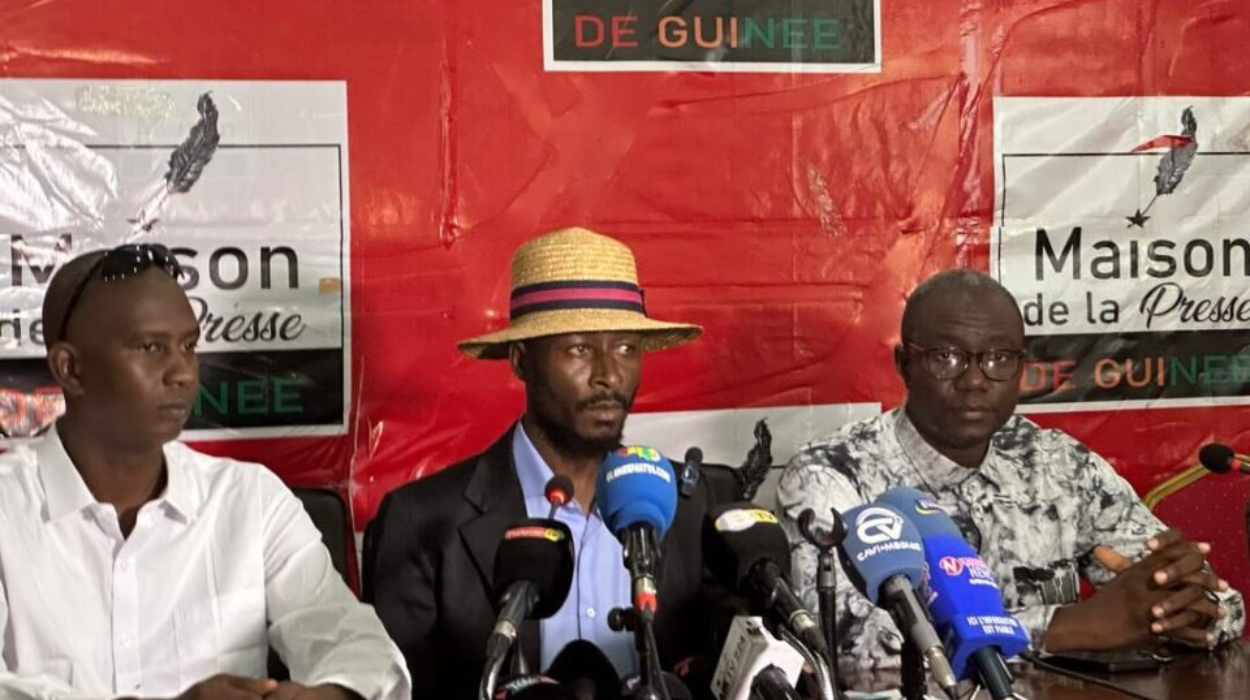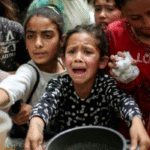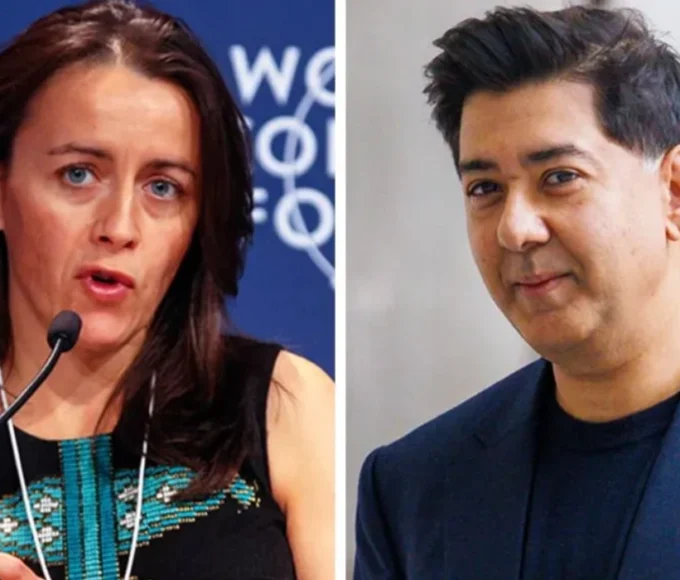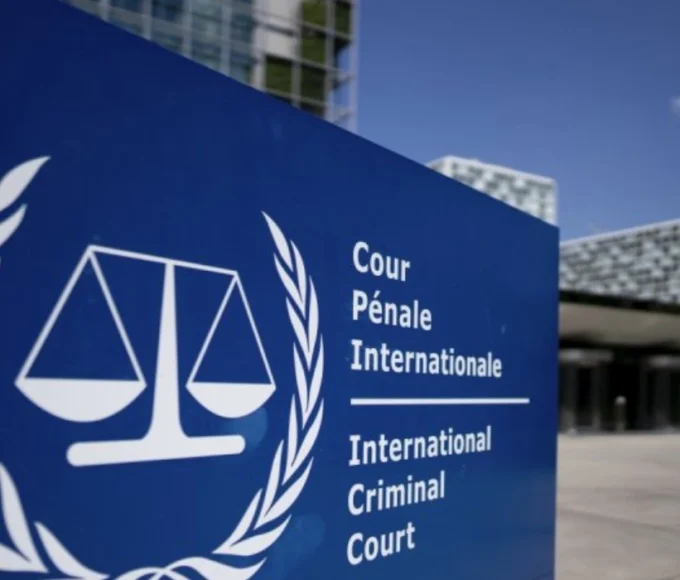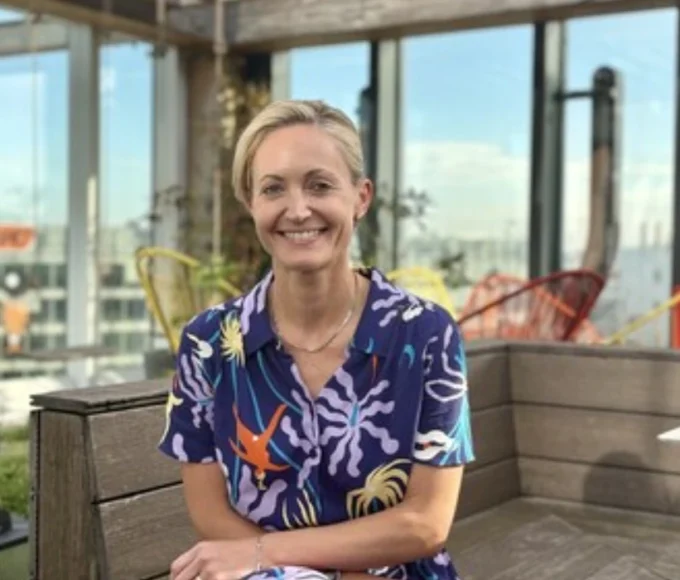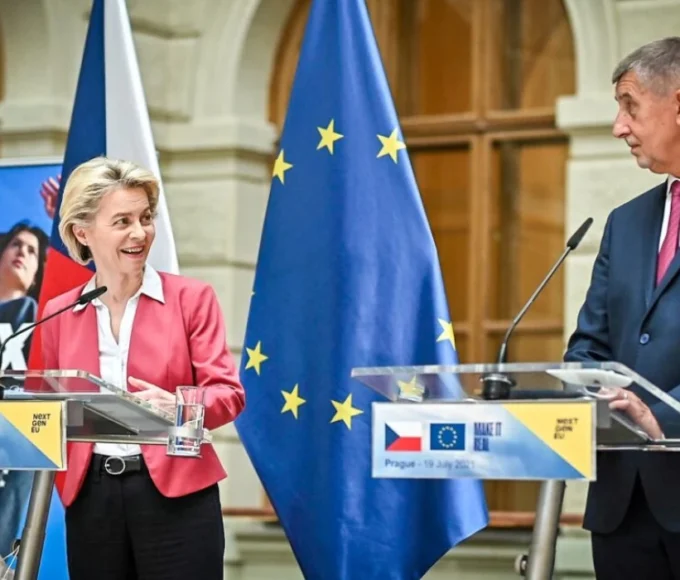On the occasion of World Press Freedom Day, marked globally on May 3, 2025, the Union of Press Professionals of Guinea (SPPG) has issued a stark warning about the declining state of journalism in the country. In a statement delivered at the Maison de la Presse in Conakry, the union highlighted a deeply troubling environment for media professionals operating under a transitional military government.
While UNESCO has chosen the global theme “Informing in a complex world: the impact of artificial intelligence on press freedom and media”, the SPPG opted for a sub-theme that resonates with Guinea’s current reality:
“Reporting in a country under military transition: the impact of media closures on journalists’ livelihoods and the future of independent journalism in Guinea.”
Read Also: EU Council Approves Position on ‘Invest EU’ Regulation to Boost Competitiveness and Investment
The SPPG’s statement painted a grim picture of the situation faced by Guinean journalists, citing widespread media suppression, arbitrary arrests, and disappearances. The union referenced the revocation of broadcast licenses, suspensions of journalists and news outlets, as well as escalating incidents of intimidation, censorship, and fear-driven self-censorship.
One of the most alarming cases remains the disappearance of journalist Habib Marouane Camara, who has been missing since December 3, 2024. The union also pointed to growing state repression, noting that in 2024 alone, 70 serious violations of press freedom were recorded—compared to just 23 the previous year, marking a staggering 204% increase in repressive incidents.
This troubling trend is reflected in Guinea’s decline in global press rankings. According to Reporters Without Borders (RSF), the country dropped from 78th place in 2024 to 103rd in 2025—the steepest decline among all countries tracked. Guinea has now moved from a “problematic” to a “difficult” press freedom environment.
The SPPG used the occasion to issue a call to action—addressed not only to the Guinean authorities but also to media employers, international partners, and civil society. They urged all stakeholders to honor their commitments to press freedom and freedom of expression as enshrined in national and international legal instruments.
These include Article 19 of the Universal Declaration of Human Rights and the International Covenant on Civil and Political Rights, which affirm the right to seek, receive, and impart information freely. Regionally, Guinea is bound by frameworks such as the Cotonou Agreement—now replaced by the Samoa Agreement—as well as the 1991 Windhoek Declaration, which underscores the need for a pluralistic and independent press as essential for democracy and economic development.
At the national level, even though Guinea’s previous constitutions are no longer in effect, the current transitional charter includes protections for freedom of expression and press in its Articles 19 and 23. Furthermore, domestic legislation such as Law L02 (decriminalizing press offenses), L027 (guaranteeing access to public information), and L010 (establishing the High Authority for Communication, or HAC) remain in force.
SPPG’s Key Recommendations Include:
To the Authorities:
- Reopen closed media outlets and allow affected journalists to return to work.
- Release findings on the disappearance of journalist Habib Marouane Camara and use state resources to secure his return.
- Guarantee the safety and freedom of all journalists.
- Include the SPPG in media sector reforms and raise state subsidies to the press.
To the HAC (High Authority for Communication):
- Reinstate journalist Toumany Camara and his outlet Presse Investigation.
- Consider environmental reporting as a protected journalistic duty.
- Apply sanctions only in cases involving ethnic, religious, or regional defamation.
To Media Owners:
- Sign a collective bargaining agreement with the union to improve working conditions.
- Invest in continuous professional development for media staff.
To the International Community:
- Uphold global values of press freedom and journalist safety.
- Support training for journalists covering the upcoming electoral process.
- Encourage constructive dialogue between the press, government, and civil society.
In conclusion, the SPPG emphasized that a free, independent, and pluralistic media is the cornerstone of any democracy. Without it, Guinea risks further democratic erosion and social instability. The union’s call is both a warning and a plea—to reverse the downward spiral before the damage becomes irreversible.
This article is originally published on: ledjely


